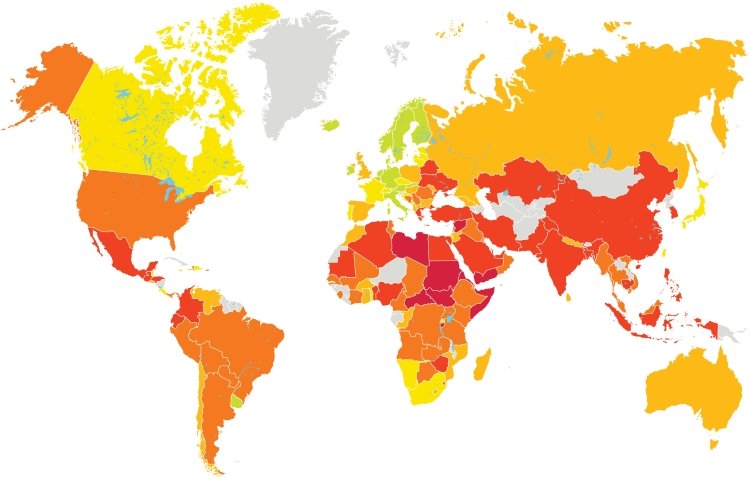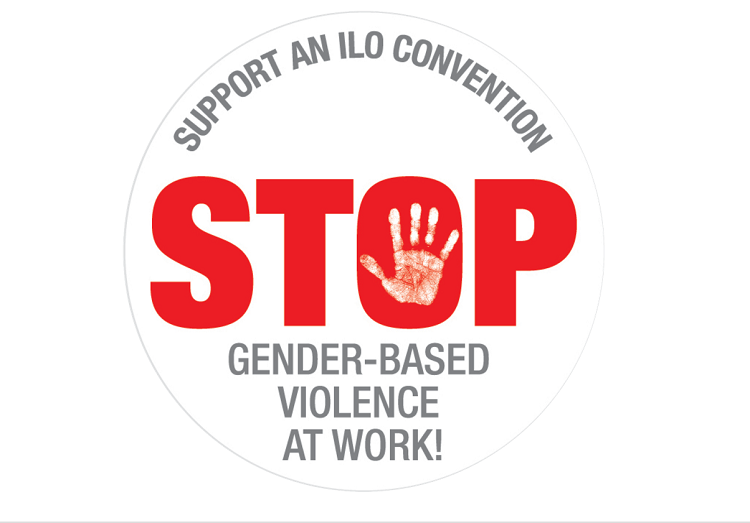The Eastern Partnership Policy of the EU (EaP), which is expected to be launched by the Council of the EU at its summit on 7 May in Prague, is covering 6 countries of Europe: Armenia, Azerbaijan, (potentially) Belarus, Georgia, Moldova and Ukraine. It is aimed to deepen the relations developed earlier in the frame of the European Neighbourhood policies. Certain dimensions of the policy linked to labour and social aspects may provide opportunities for the unions to take more active role in the framework of the EaP. While the main areas involve free trade agreements, energy security, institution building, approximation with the EU legislation, border management, it also mentions the principles of decent work, social dialogue, non-discrimination, etc. The main innovation and a move forward comparing with the ENPs, is the introduction of multilateral track for activities for the 6 countries, which will include opportunities for the civil society organizations in a form of Civil Society Forum to provide an input in monitoring of the EP. In the course of discussion, the participants stressed the deficit of social dimension and prevalence of economic, security (first of all, energy supply) and trade aspects. The policy clearly needs more assertive engagement with advancing of the European Social Model and abolition not only simplification of visa procedures. In concluding remarks the PERC General Secretary John Monks underlined importance of injection of social issues by building consultative mechanisms, and not as part of some vague “civil society”, but as social partners, particularly the unions. The PERC and the ETUC will make a submission to the EU authorities in the coming days. PERC President Mikhail Shmakov told that reference of the European Social Charter has to be made explicitly clear in these processes and that the pressure to influence Eastern Partnership paradigm shall be organized both at the EU level and in the countries concerned.
The hammering economic crisis was in the centre of afternoon session. The crisis has implications in every country of the region, but also brings challenges of Pan-European nature. Latvia, Ukraine, Belarus, Hungary, Serbia requested IMF assistance. While the IMF loans are necessary to keep the financial stability in the countries, they are also linked with tightening the belt measures, which are not balanced with any investment or social policies considerations. Meanwhile the risk that bigger economies are only looking for themselves is growing, threatening by the spread of protectionist and nationalistic policies. John Monks informed the participants about the actions which the ETUC will undertake: campaign for a "New Social Deal" with the EU - a demand backed with consecutive actions in Madrid, Brussels, Berlin and Prague on 14-16 of May, engagement in the respective EU activities by participating in the EU summit on Jobs on 7 May in Prague. The need for coordinated and solidarity actions has been voiced. “Europe is a place of solidarity,” – stated John Monks. The G20 summit of 2 April shall listen to the echoes of 1933, which brought protectionist and ultimately nationalistic powers into motions and laid the way to World War II.
ITUC General Secretary Guy Ryder informed about the actions ITUC and TUAC are undertaking. He referred, in particular, to the coming G20 summit and the elements of the policies, ITUC is promoting in this regard:
![]() internationally coordinated actions, with fiscal stimulus not less than 2% of GPDs by all the economies, free riders should not get benefits;
internationally coordinated actions, with fiscal stimulus not less than 2% of GPDs by all the economies, free riders should not get benefits;
![]() this money has to be spent on job creation and public investments in infrastructure, healthcare, education;
this money has to be spent on job creation and public investments in infrastructure, healthcare, education;
![]() comprehensive regulation of financial markets, which would also include tax-havens, to provide resources for the real economy;
comprehensive regulation of financial markets, which would also include tax-havens, to provide resources for the real economy;
![]() new approach to the government of the global economy, including the ILO as integral part;
new approach to the government of the global economy, including the ILO as integral part;
![]() more “green jobs” and “green" budgets.
more “green jobs” and “green" budgets.
He requested all the organizations to play an active role and to submit on 23 of March the respective demands to the national governments.
The participants discussed specifics of the crisis in different counties. In Ukraine the real wages decreased on 12%, wage arrears grew to 1.5 billion of grivnas, 2 million of workers are in administrative leave (unpaid), with 1,4 unemployed; this figure can grow to 3 million by the end of the year. In Italy the climate for nationalism and xenophobia is increasing. In Turkey employers exercise very offensive measures. In Georgia NGOs supported by the government are organizing actions against unions. In Hungary, unemployment jumped by 2.5%. In Russia, unions have a place in anti-crisis measures design and monitoring. Gender and sectoral implications of crisis have to be carefully considered.
There was a very strong voice for the special role that the ILO, as the only tripartite international body, must play in the processes that frame world actions against crisis and for building new global economic architecture. John Monks summarized the discussion by underlining the need for immediate measures to fight recession trends, the fact that the present economic and financial system has failed and no return to “business as usual” is possible. New system has to focus on jobs and livelihood of people. The PERC Executive decided to support the ITUC and TUAC actions with regard G20 meeting, to support the British TUC demonstration on an eve of the G20 summit, to actively contribute to the days of European actions on 14-16 of May and to ensure that all the members sent the ITUC platform to their governments on 23 March. “International Solidarity is vital in the next period. We have to keep going and to find a way out of this”, - Monks concluded.
Inevitably, the crisis topic and respective trade union responses will dominate the PERC activities in the coming year, which is respectfully reflected in the PERC workplan adopted by the Executive Committee and will secure possibilities for periodical discusions and exchanges among its members over 2009 for better understanding and orientation of trade union policies.
The draft documents of the meeting can be downloaded here



